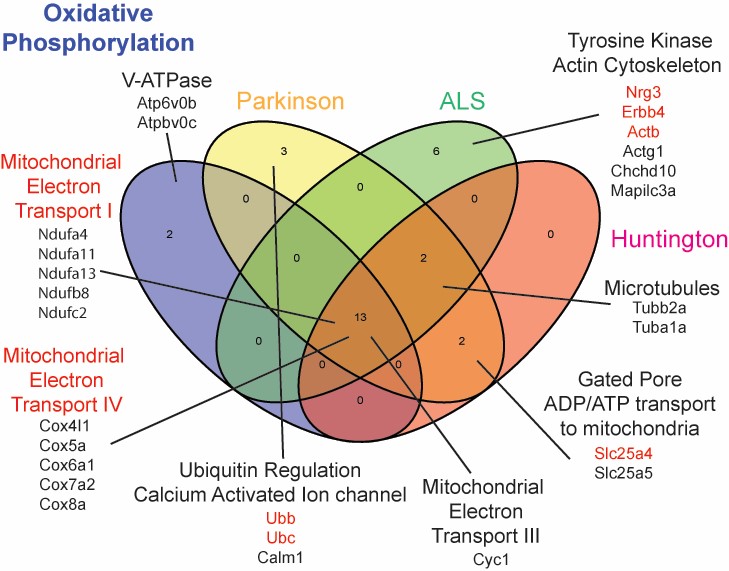Irvine, CA – July 25, 2023 – A University of California, Irvine-led team of researchers working at the Center for Neural Circuit Mapping (CNCM) find links between brain disorders and dysfunction of newly identified inhibitory brain cell types.
The study “Anatomical and molecular characterization of parvalbumin cholecystokinin co-expressing inhibitory interneurons: implications for neuropsychiatric conditions” was published in July in Molecular Psychiatry.
Different types of brain inhibitory neurons were identified first over 100 years ago by differences in their shape and form, but their functions are still being uncovered.

A team of UCI scientists led by Xiangmin Xu, PhD, professor of anatomy and neurobiology and director for the Center for Neural Circuit Mapping at the UCI School of Medicine, found that a distinct new class of brain inhibitory neurons when functioning abnormally may contribute to neurological and psychiatric conditions, including autism and schizophrenia.
“We’ve discovered a new class of inhibitory neurons in the brain that are implicated in several neuropsychiatric conditions,” said Xu. “These neurons are characterized by their chemical signature of expressing calcium binding protein parvalbumin and the cholecystokinin (CCK) peptide.”
The nervous system uses a balance of excitatory and inhibitory neurons that interact. Without inhibitory neurons, the brain experiences epilepsy and other neurological disorders. The class of neurons that Dr. Xu’s team discovered are very metabolically active and thus require high levels of energy.
“These key inhibitory neurons effectively act as a braking system of the brain to slow down overall activity,” said Xu. “The loss of function of the braking system of the brain leads to abnormal function.”
The team is now studying the very active types of neurons with high energy requirements for potential therapies. They are further examining these neurons to better understand their relationship to neuropsychiatric conditions and their contributions to brain function.
Members of the research team include: Steven F. Grieco, PhD, Kevin G. Johnston, PhD, Pan Gao, B. Maximiliano Garduño, Bryan Tang, Elsie Yi, Yanjun Sun, PhD, Zhaoxia Yu, PhD, Todd C. Holmes, PhD, and Xiangmin Xu, PhD, and their collaborator Gregory Horowitz, PhD, at the University of Washington.
About the UCI School of Medicine
Each year, the UCI School of Medicine educates more than 400 medical students and nearly 150 PhD and MS students. More than 700 residents and fellows are trained at the UCI Medical Center and affiliated institutions. Multiple MD, PhD and MS degrees are offered. Students are encouraged to pursue an expansive range of interests and options. For medical students, there are numerous concurrent dual degree programs, including an MD/MBA, MD/MPH, or an MD/MS degree through one of three mission-based programs: the Health Education to Advance Leaders in Integrative Medicine (HEAL-IM), the Program in Medical Education for Leadership Education to Advance Diversity-African, Black and Caribbean (PRIME LEAD-ABC), and the Program in Medical Education for the Latino Community (PRIME-LC). The UCI School of Medicine is accredited by the Liaison Committee on Medical Accreditation and ranks among the top 50 nationwide for research. For more information, visit medschool.uci.edu.



